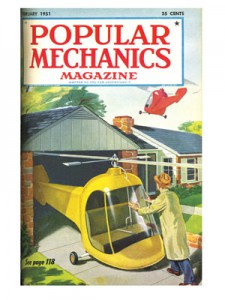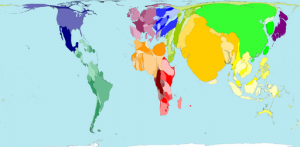A 2018 paper by Bar-On, Phillips, and Milo in PNAS contains a fascinating figure (Figure 1) that bears staring at for some time. It shows the dry carbon biomass distribution of various forms of life on Earth. Plants account for 450 Gt (giga-ton; 1012 kg) of mass, while the sum of all animals adds to 2.5 Gt. Humans comprise only 2.4% of animal mass on the planet, but that’s almost ten times as large as wild mammal mass. Add human livestock (outweighing human mass) and wild mammals are only 4% of the human-livestock-mammal trio.
But this post is heading somewhere else: lament about the un-wilding of the planet on your own time (kidding aside, please do!). Let’s start by considering the following question. Which do you think is more valuable: the web of living animals on this planet, or all the gold accessible in the ground? If given a choice to eliminate one and preserve the other, which would you choose? Gold, among Earth’s mineral stocks, is used for this question because it has served as a physically-based monetary standard for many cultures throughout time.
What follows has absurd elements to it, but hopefully in forgivable service of a larger point about the value of life on this planet and in shining a glaring spotlight on current human values.
Views: 7368







